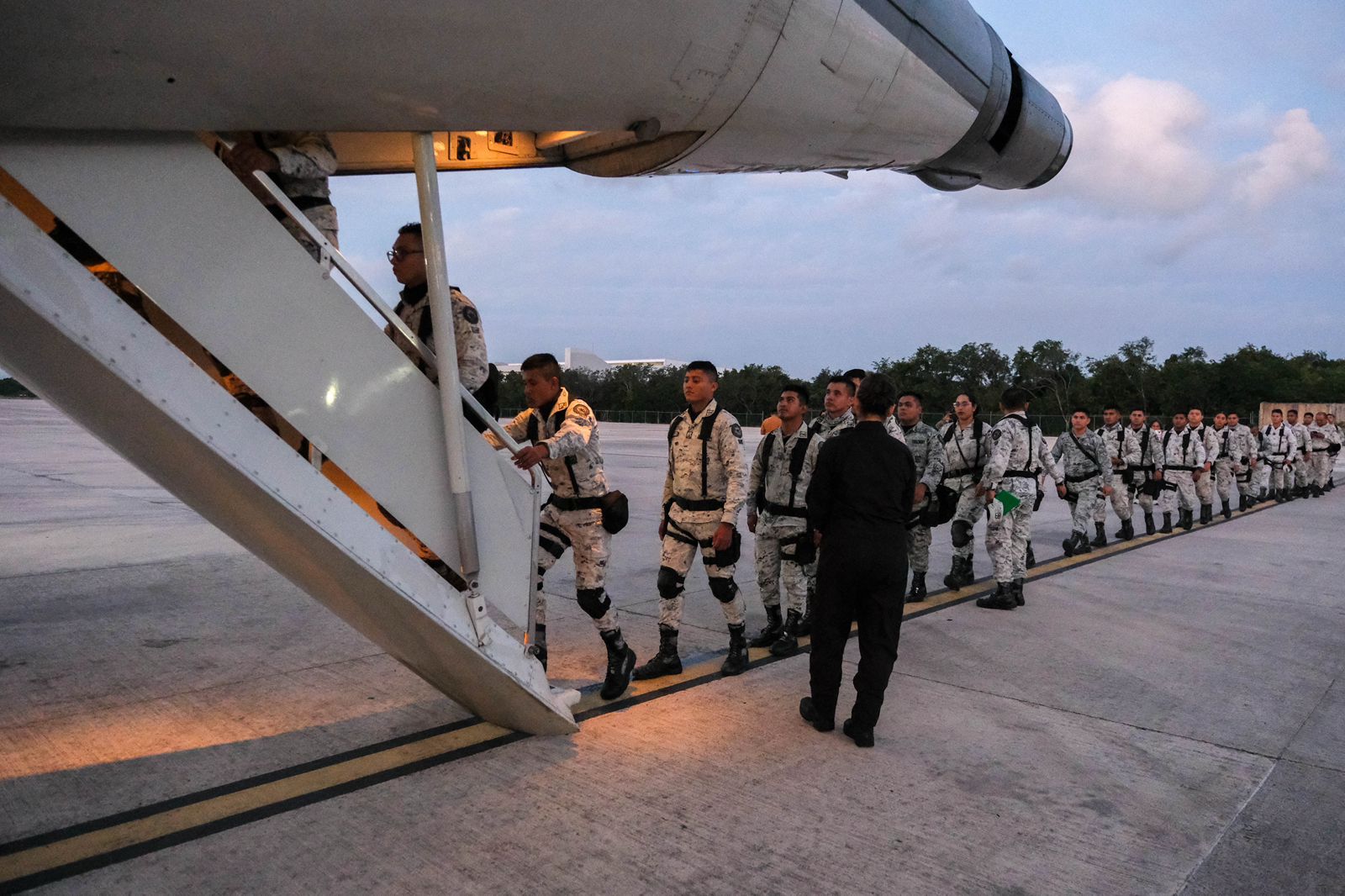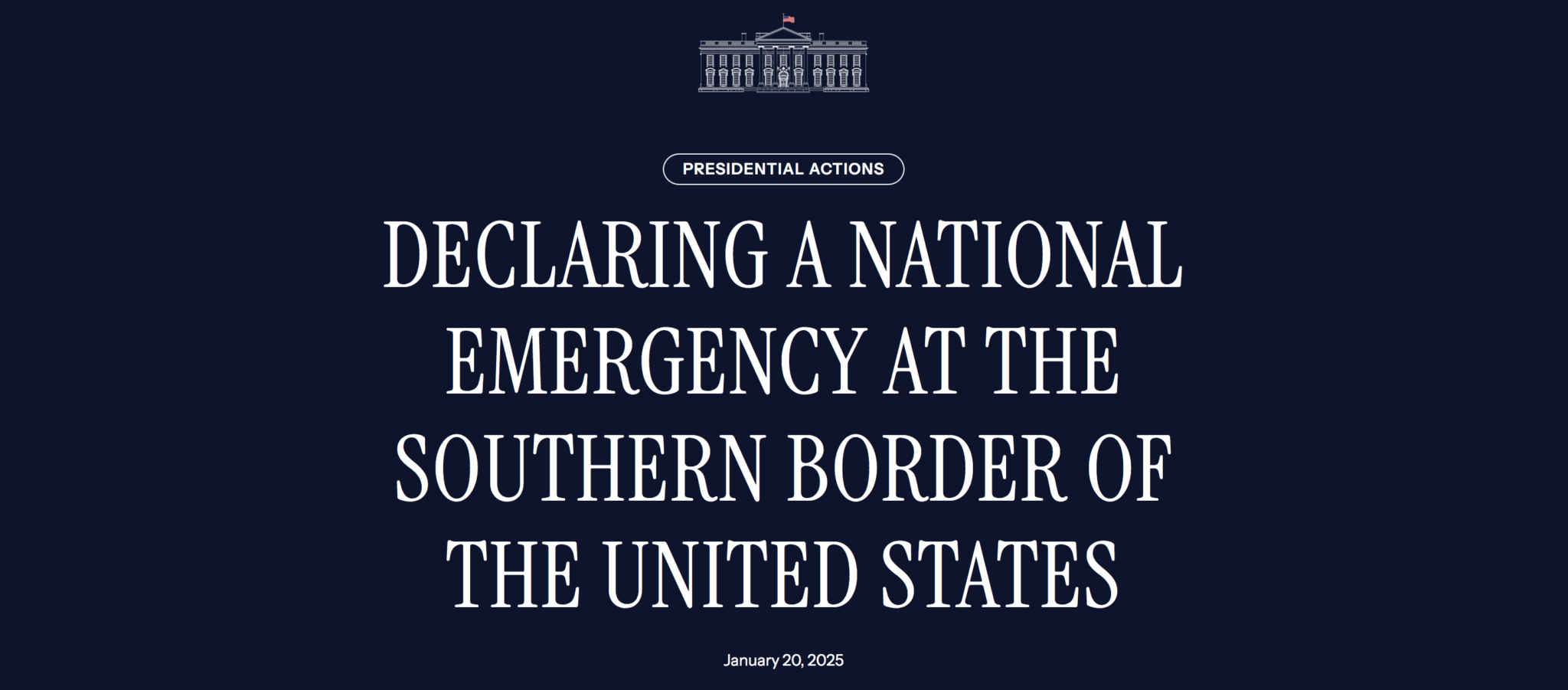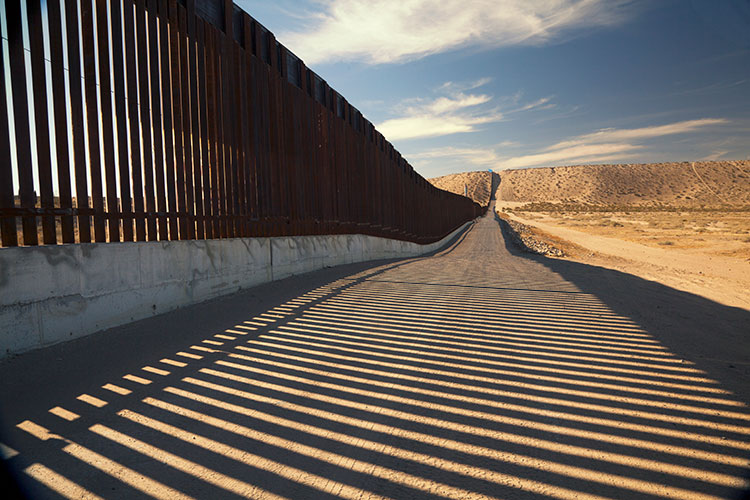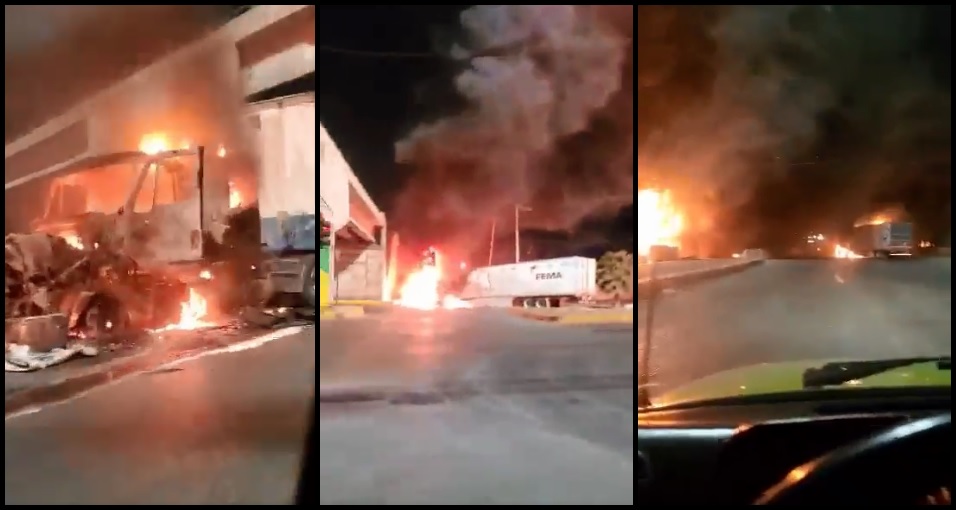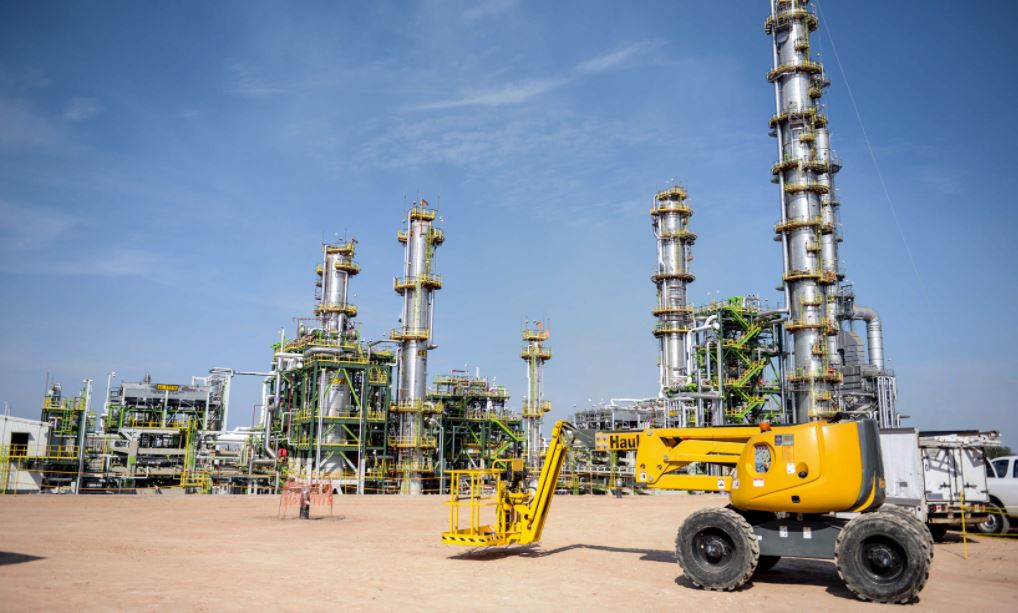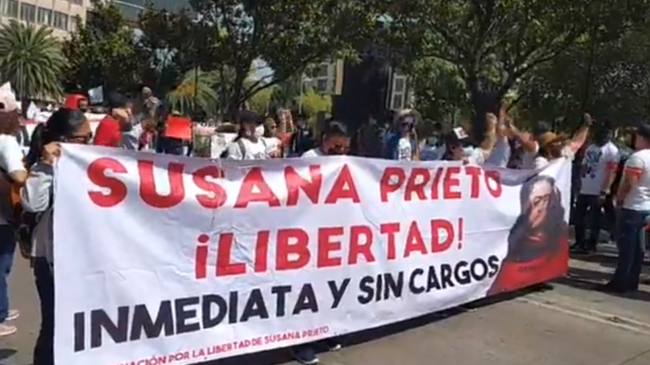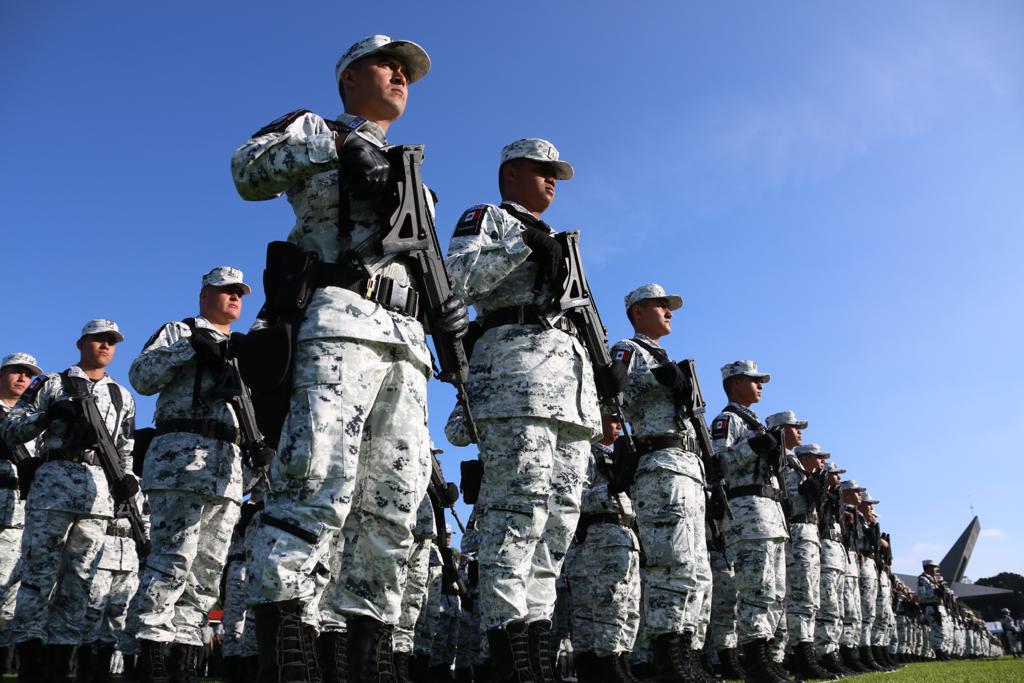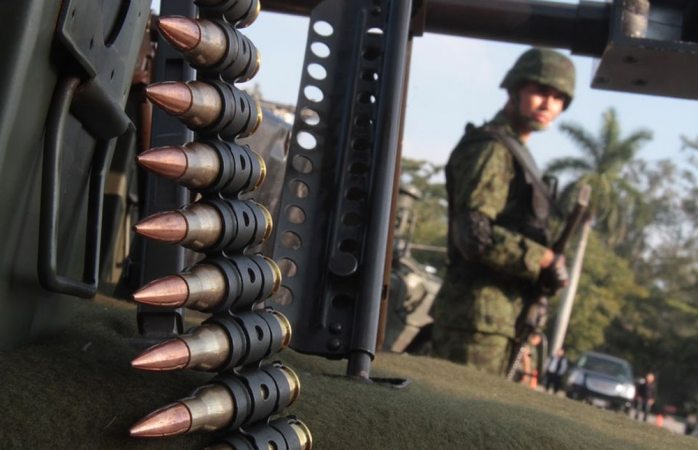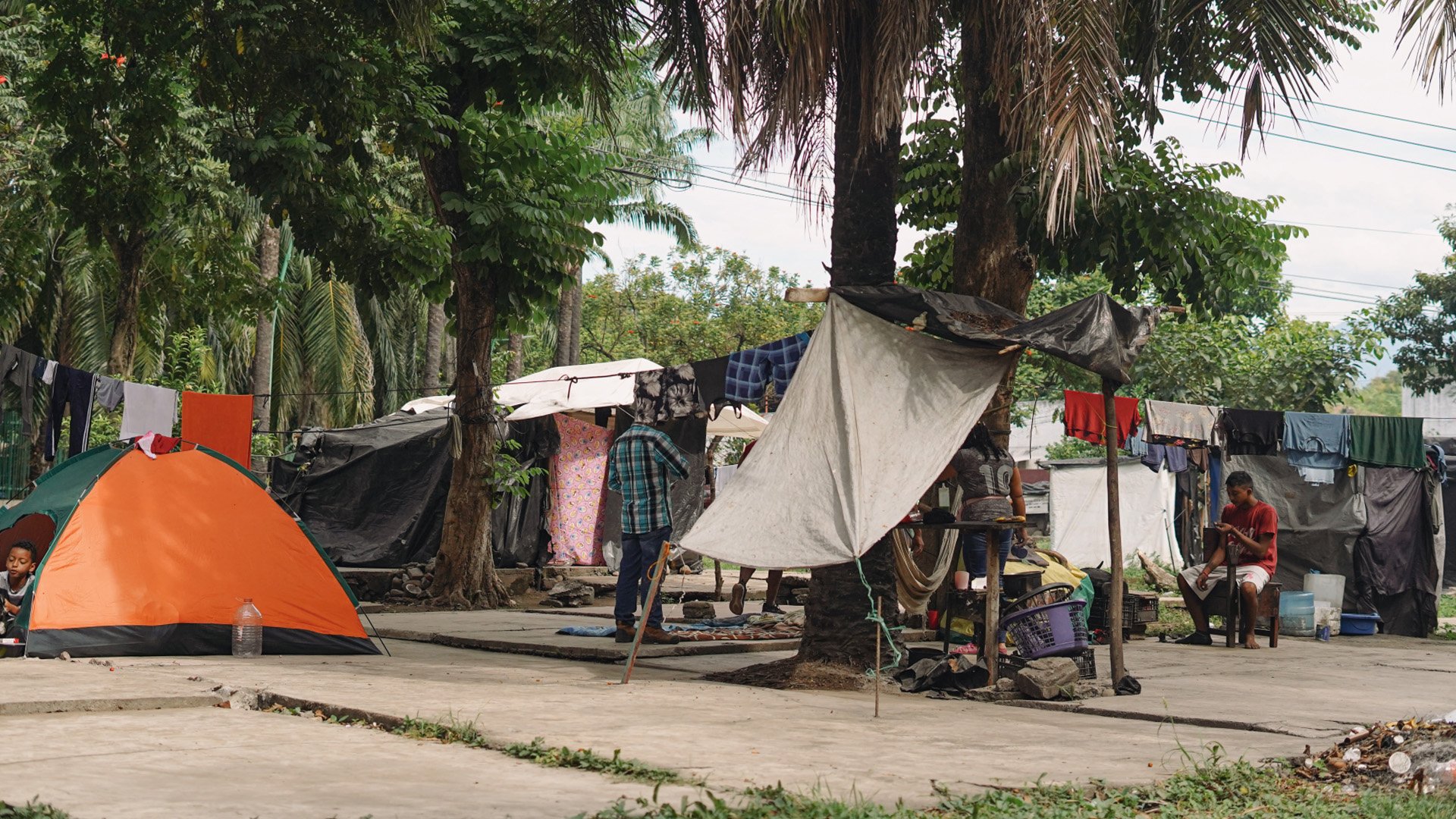
Trump-induced migration crisis in Mexico
President Donald Trump’s migration crackdown has been credited with reducing flows northward towards the United States, but it is leaving hundreds of thousands of migrants and asylum seekers trapped in a legal limbo further south, anxiously wrestling with what to do next. People on the move are now stranded in precarious living conditions across Mexico, more exposed than ever to violence, abuse and privation. (Photo of Tapachula migrant camp: Daniela Díaz for The New Humanitarian)




